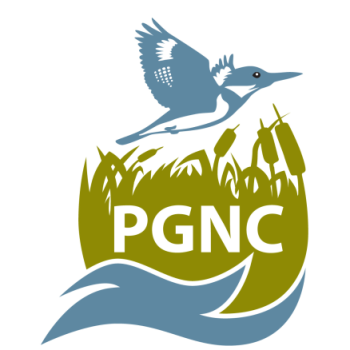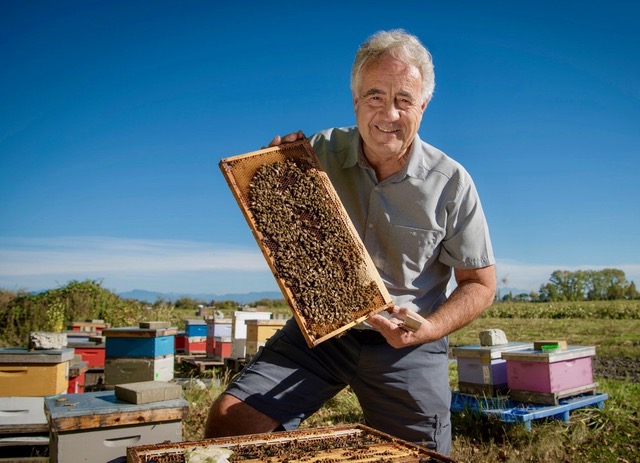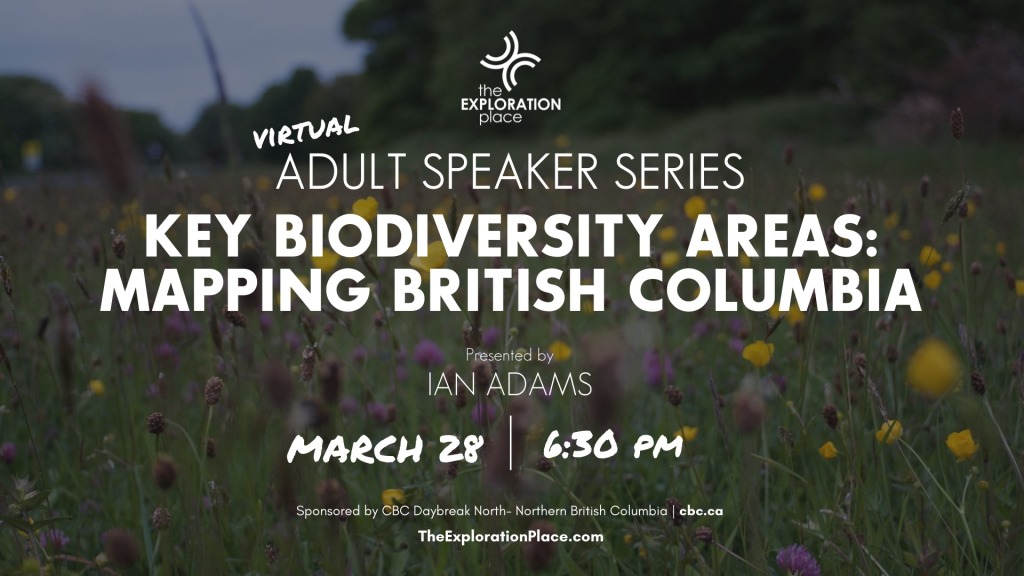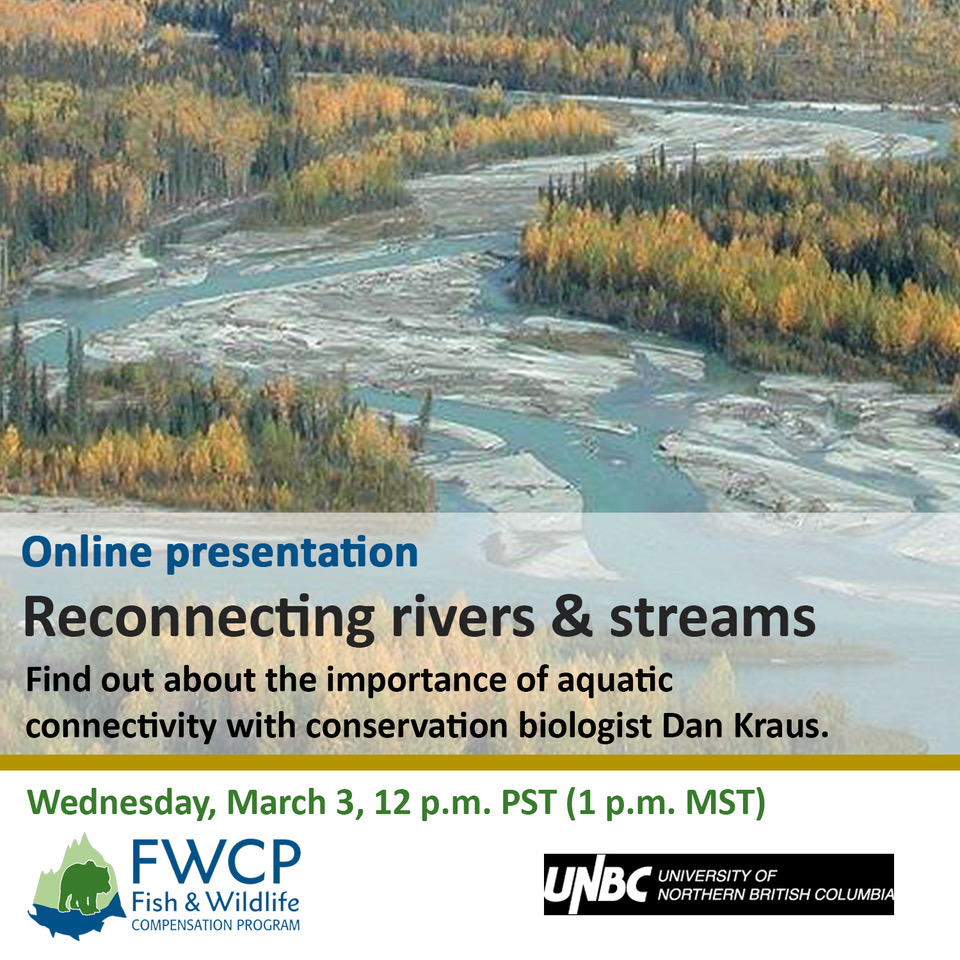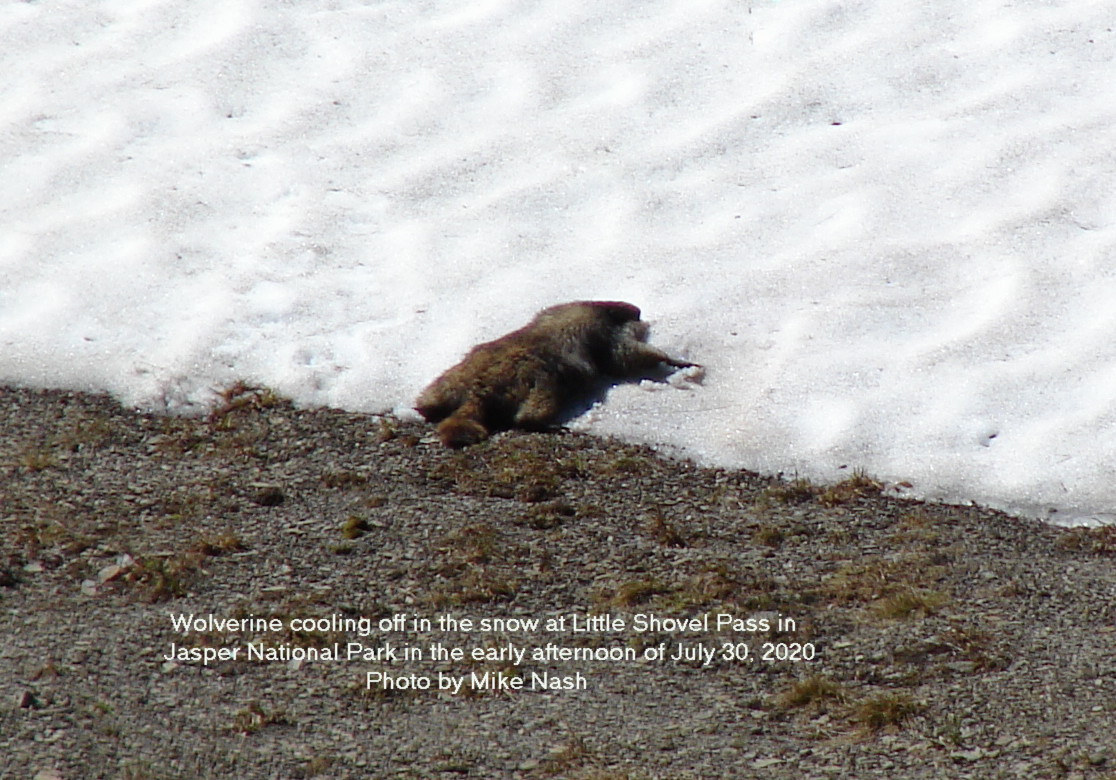- PGNC Spring Cleanup at Hudson’s Bay Wetland, Sunday April 24, 9 a.m. to 12 noon
- PGNC Spring Nature Walk, Cottonwood Island Park, 8:30 a.m. to 11:30 a.m., Saturday May 7, 2022
- PGNC Volunteer Opportunity: Website/Social Media Committee
- PGNC Memberships: New and Renewals
- Report on Curlew Field Trip, April 16
- Monday April 25, 6:30 p.m. Rivers in the Sky: Unravelling the Atmospheric River Phenomenon
- Tuesday April 26, 7 p.m. The Amazing Diversity of Pink Mountain, on Zoom
- Wednesday April 27, 6:30 p.m. MDT, Jasper National Park Annual Public Forum
- NatureKidsBC 2022 Toolkit, Powerful Plants: seeking a contractor, application deadline April 30, 2022
Club News and Events
PGNC Spring Cleanup at Hudson’s Bay Wetland, Sunday April 24, 9 a.m. to 12 noon
The PGNC will host a cleanup at Hudson’s Bay Wetland from 9 a.m. to 12 noon as part of the City Prince George Spring Cleanup Day. We will meet at the small Hudson’s Bay Wetland parking lot on Queensway Street. Gloves and garbage bags will be provided. Bring water and a snack.
For more information contact Sandra Kinsey at sjkinsey@direct.ca, or phone 250-963-8381.
For information about the City’s annual spring cleanup, including Safety Guidelines, see the City’s website at: https://tinyurl.com/2p8p3hh7

PGNC Spring Nature Walk, Cottonwood Island Park, 8:30 a.m. to 11:30 a.m., Saturday May 7, 2022
Join us for a spring nature walk at Cottonwood Island Park! Meet at 8:30 a.m. at the south parking lot by the canoe shelter. For more information please contact us by email at princegeorgenaturalistsclub@gmail.com, or on Facebook or Instagram @PGnaturalists.

PGNC Volunteer Opportunity: Website/Social Media Committee
The Executive has established a new Website/Social Media Committee for the club. We will be meeting via Zoom for the foreseeable future. We will be discussing what we would like to see and ideas to better the website and our social media pages (Facebook and Instagram). We already have a few members, but we want to see if anyone else from our membership is interested in joining. The more voices and ideas, the better it will be.
Requirements:
1. You must be a current paid-up member of the PGNC. If you are interested in getting involved but aren’t a member yet, you can check out our membership page on the website. https://pgnc.wordpress.com/membership/.
2. You must have a keen interest in the future of the club and it helps if you are familiar with computers, BUT that is not required. We just need your ideas, you don’t need to be the one to implement them.
3. You must commit to attending our regular committee meetings or at least commit to sending an email to President Angelina Joiner at princegeorgenaturalistsclub@gmail.com, if you can’t attend. Communication is important!
If this sounds like something you are interested in, please let us know. If you need more info please contact Angelina.

PGNC Memberships: New and Renewals
Thank you to everyone who is renewing memberships or joining the PGNC. Information on payment options is available any time at: https://pgnc.wordpress.com/membership/. E-Transfer is available by sending to PrinceGeorgeNaturalistsClub@gmail.com and it goes directly into the Club’s bank account. No secret word is needed. Payments by cheque can be mailed to Prince George Naturalists Club, PO Box 1092, Prince George BC V2L 4V2.
Memberships run from January 1 to December 31. Cost is $25 per calendar year for individuals, $40 for a family, and $15 for students. Benefits of membership: Subscription to BC Nature magazine, liability insurance coverage for Club work parties and field trips, and access to popular events limited to Club members only. Unfortunately, Spruce Capital Feeds has had to discontinue the 10% discount it gave to Prince George clubs.
Club Reports
Curlew Field Trip, April 16, 2022
Our first field trip of the year was a little walk to see the Long-billed Curlews at Shelley, east of Prince George. It was a nice warm and sunny morning, despite my phone telling me it was -9 when I left my house. We had 15 participants and we saw 16 Curlews in total. It’s really hard to count curlews when they are walking and flying all over the place. Other highlights of our walk were several Bald Eagles circling and many people had great looks at an American Tree Sparrow. It was nice to stand on the road beside Walrath Marsh and watch all the Geese and Ducks and listen to all the birds singing while soaking in the sun. Thanks to those who were able to come out with us. It was great to meet some new people and put some faces to names I had known for a while. For a detailed species list of birds observed click here, https://ebird.org/checklist/S107210868. (Report and photos by Angelina Joiner, with thanks to Christina Cutbill for the Long-billed Curlew photo).



Other Events and News
Monday April 25, 6:30 p.m. Rivers in the Sky: Unravelling the Atmospheric River Phenomenon
The Exploration Place Virtual Adult Speaker Series presentation is by Dr. Stephen Dery, Professor, Environmental Science Program at UNBC: https://www2.unbc.ca/people/dery-dr-stephen. The presentation will introduce the phenomenon of atmospheric rivers and discuss their impacts on BC.
Registration is required. For more information and registration see: https://theexplorationplace.com/2022/03/08/program-template/

Tuesday April 26, 7 p.m. The Amazing Diversity of Pink Mountain, on Zoom
Pink Mountain appears to have one of and possibly the highest concentration of rare species in British Columbia. A number of the plants are red and blue listed (rare) in the province and almost all are rarely seen because of their normally difficult to access high elevation habit. Added to that are the complex adaptations that allow these plants to thrive in a seemingly impossibly harsh environment. For the plant enthusiast, there is no more interesting location than Pink Mountain.
Bio: Ron Long had a thirty six year career as the sciences photographer at Simon Fraser University. In the early 1970s Ron developed a serious interest in the native plants of British Columbia – an interest that has grown and expanded in the decades since. Ron has served as president of the Native Plant Society of BC and has been active with the Vancouver Natural History Society, VanDusen Botanical Garden and the UBC Botanical Garden. Since retiring Ron has travelled to plant hotspots around the world and keeps busy during his time at home preparing and giving talks to natural history societies and garden clubs throughout BC. Since 2010 he has coordinated research aimed at protecting and preserving Pink Mountain.
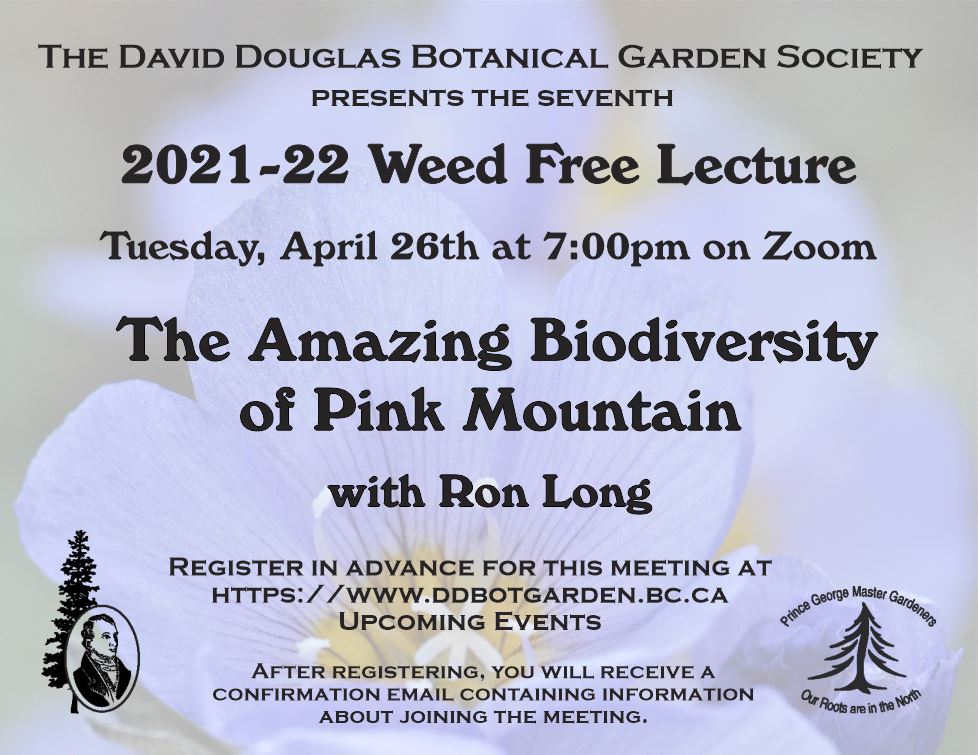
Wednesday April 27, 6:30 p.m. MDT, Jasper National Park Virtual Annual Public Forum
Parks Canada is pleased to invite you to Jasper National Park’s virtual Annual Public Forum. This event provides the opportunity for Parks Canada to report on highlights of the past year and coming priorities for Jasper National Park. Please join us for presentations, a question-and-answer session, and the chance to connect with Parks Canada staff.
The evening will begin at 6:30 p.m. MDT with Jasper Field Unit Superintendent Alan Fehr’s year-in-review address, followed by presentations focused on the caribou recovery program, wildfire risk reduction, and an update from the Indigenous Relations team. The question-and-answer session will start at 7:30 p.m.
More information, including the meeting link, the 2021 Annual Report and a detailed agenda will be available soon.
NatureKidsBC 2022 Toolkit, Powerful Plants: seeking a contractor, application deadline April 30, 2022
Nature Kids BC is looking for a contractor to work with them to design their 2022 toolkit/resource kit. In 2021 the focus was on salmon. In 2022 it’s all about the power of plants in fighting climate change and empowering BC families to be part of the solution by improving their backyards, balconies and local green spaces. The focus is on native plants and stewardship through education, games and activities. The detailed job description is available by contacting Christina Chowaniec, Program Directors, NatureKidsBC at christina@naturekidsbc.ca. For more information on NatureKids BC see the website at https://naturekidsbc.ca. Deadline to apply is April 30, 2022.
